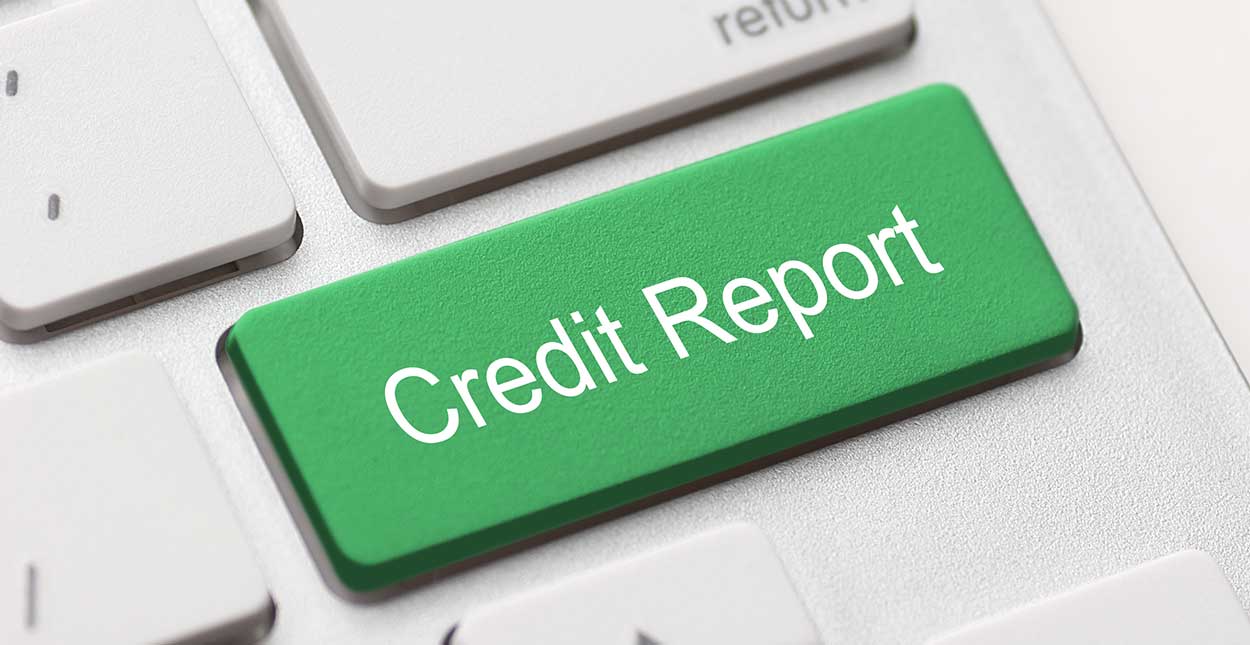No Credit Check Line Of Credit Instant Approval

The promise of instant financial relief, readily available without the scrutiny of a credit check, is flooding the online landscape. "No credit check" lines of credit, marketed with alluring simplicity, are aggressively targeting consumers, particularly those with limited or damaged credit histories. But behind the veneer of accessibility lies a complex reality, fraught with potential risks and hidden costs that demand careful consideration.
This article delves into the burgeoning market of no credit check lines of credit, examining their mechanics, potential benefits, and significant drawbacks. We'll explore the target demographics, the lenders involved, and the regulatory landscape surrounding these financial products. Ultimately, this analysis aims to equip consumers with the knowledge necessary to make informed decisions, separating legitimate opportunities from potentially predatory practices.
The Allure of Instant Approval
The appeal is undeniable: instant access to funds without the burden of a traditional credit check. This proposition resonates strongly with individuals who have been denied credit elsewhere, are rebuilding their credit, or simply prefer to avoid the perceived invasiveness of credit inquiries.
Marketing materials often highlight the speed and convenience of the application process, emphasizing phrases like "guaranteed approval" and "funds deposited within hours." This urgency can be particularly compelling for those facing unexpected expenses or financial emergencies.
How No Credit Check Lines of Credit Work
Unlike traditional lines of credit that rely heavily on credit scores to assess risk, these products utilize alternative methods of evaluation. These methods may include income verification, bank statements, and employment history.
Some lenders also require access to the applicant's bank account to monitor cash flow and automatically withdraw payments. The interest rates associated with no credit check lines of credit are typically significantly higher than those offered to borrowers with good credit scores.
This reflects the increased risk that lenders assume when extending credit to individuals with limited or no credit history. Fees, such as origination fees, late payment fees, and even inactivity fees, can further inflate the overall cost of borrowing.
Target Demographics and Lender Landscape
The primary target audience for no credit check lines of credit is individuals with poor or limited credit histories. This includes young adults who haven't yet established credit, those recovering from financial setbacks, and immigrants new to the U.S. credit system.
The lender landscape is diverse, ranging from established online lenders to smaller, less regulated entities. Some operate transparently, clearly disclosing terms and conditions, while others engage in more aggressive marketing tactics and may obscure crucial details.
It's crucial to research any lender thoroughly before applying for a no credit check line of credit, checking for complaints with the Better Business Bureau and reading online reviews.
Potential Benefits and Significant Risks
While no credit check lines of credit offer potential benefits, such as access to emergency funds and an opportunity to build or rebuild credit, the risks are considerable.
On the positive side, responsible use of a no credit check line of credit can contribute to improving credit scores, particularly if the lender reports to credit bureaus. Access to funds can also provide a safety net for unexpected expenses, preventing further financial hardship.
However, the high interest rates and fees associated with these products can quickly lead to a cycle of debt. Failure to repay the line of credit can result in aggressive collection practices and further damage to credit scores.
The Regulatory Landscape
The regulatory landscape surrounding no credit check lines of credit is complex and varies depending on state and federal laws. The Truth in Lending Act (TILA) requires lenders to disclose the terms and conditions of credit agreements, including the annual percentage rate (APR), fees, and repayment schedule.
The Consumer Financial Protection Bureau (CFPB) plays a crucial role in overseeing the financial industry and protecting consumers from unfair, deceptive, or abusive practices. However, some no credit check lenders operate in a grey area, skirting regulations by characterizing their products as something other than traditional loans.
This lack of clear regulatory oversight makes it even more important for consumers to exercise caution and conduct thorough research before applying for a no credit check line of credit.
Alternatives to No Credit Check Lines of Credit
Before resorting to a no credit check line of credit, individuals should explore alternative options. These may include secured credit cards, which require a cash deposit as collateral, and credit-builder loans, designed specifically to help individuals establish or rebuild credit.
Consider also exploring options with local credit unions or community banks, which often offer more favorable terms to individuals with limited credit. Seeking advice from a financial advisor can provide personalized guidance and help individuals develop a budget and debt management plan.
Expert Opinions and Consumer Advocacy
Consumer advocates and financial experts caution against the widespread use of no credit check lines of credit, emphasizing the potential for exploitation. "These products often trap vulnerable consumers in a cycle of debt," says Susan Grant, Director of Consumer Protection at the Consumer Federation of America.
“The high interest rates and fees can quickly outweigh any perceived benefits." Responsible borrowing should always prioritize affordability and transparency.
Looking Ahead: The Future of No Credit Check Lending
The market for no credit check financial products is likely to continue to grow, fueled by increasing demand from consumers with limited access to traditional credit. As the industry evolves, there is a growing need for greater regulatory oversight and consumer education.
Efforts to promote financial literacy and expand access to affordable financial services can help reduce reliance on high-cost, no credit check options. Ultimately, empowering consumers with knowledge and resources is essential for ensuring a fair and equitable financial marketplace.
Consumers should carefully weigh the risks and benefits of no credit check lines of credit before applying. If you do choose to pursue this option, carefully review the terms and conditions and ensure you can afford the payments.


















